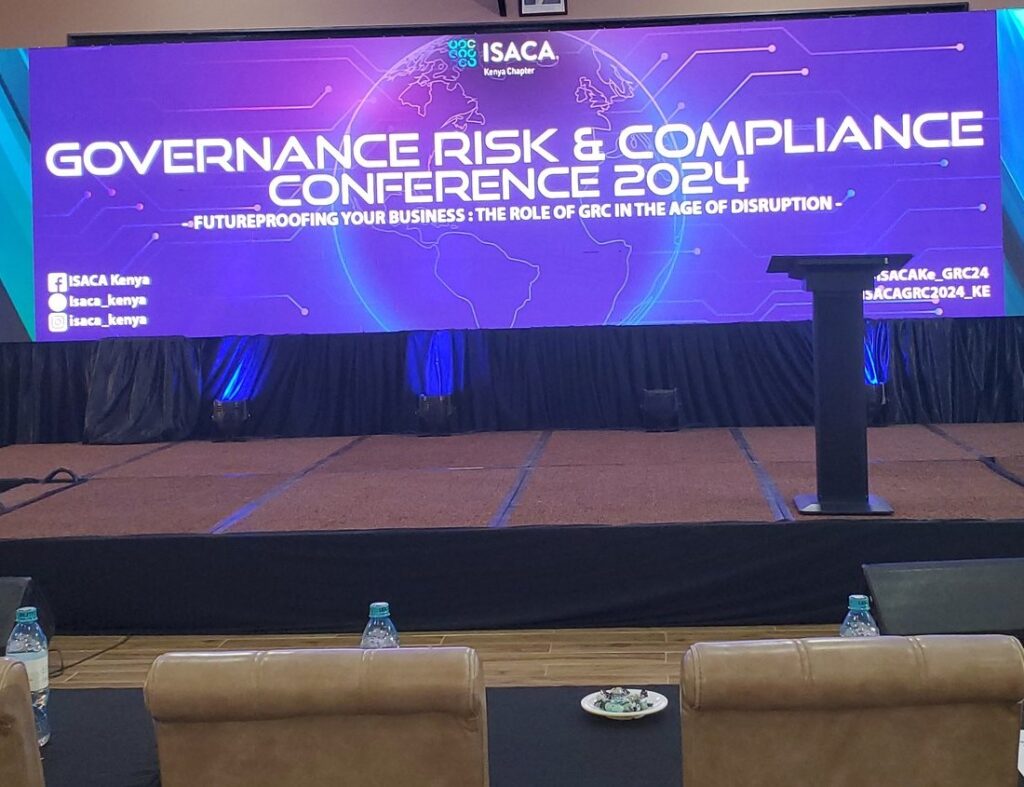By Reporter
Kenya is ill-prepared to deal with the growing cyber-crime threats because of shortage of qualified cybersecurity professionals, stakeholders in the information and communication technology sector have said.
The country is ranked among African countries facing an acute deficit of cybersecurity risk experts.
According to the Information Systems Audit and Control Association (ISACA) officials the issue has left individuals, businesses, and public institutions increasingly vulnerable to attacks.
ISACA Vice-President George Kisaka said the country’s internal capacity to defend against cyber threats remains weak, even as the frequency and sophistication of attacks continue to rise.
“Cyber threats are evolving daily as the demand for digital services grows, yet our internal capabilities to deal with related crimes are struggling,” noted Kisaka.
With the advent of Artificial Intelligence (AI), he said that there are increased cases of cyberattacks because criminals are using AI tools to infiltrate systems.
He emphasized that professionals charged with protecting organizations, corporations, and industries must now possess advanced AI and cybersecurity skills to effectively counter modern threats.
Speaking during the Annual Governance, Risk, and Compliance (GRC) Conference in Naivasha, Kisaka added that a recent survey across Africa showed a massive shortage of cybersecurity professionals.
He said that Africa can take advantage of its large population of unemployed youth by training them in cybersecurity technologies at Technical and Vocational Education and Training (TVET) colleges.
“ISACA is partnering with various educational institutions to build capacity in cybersecurity, data protection, and digital risk management,” he noted.
So far, over 250 students trained under ISACA’s programs are set to graduate soon, equipped with practical skills in AI, cybersecurity, and data protection.
Denish Sadda, Director of Autonomous Data at Safaricom PLC, echoed the concerns, warning that AI-driven technologies have opened new frontiers for both innovation and exploitation.
“AI has brought new opportunities as well as threats. Risk professionals must ensure that data remains safe, “said Sadda.
He cautioned that sectors such as banking and healthcare are likely to face increased cyberattacks and urged institutions to invest in well-trained cybersecurity personnel to protect their systems and sensitive information.
Experts agreed that without urgent investment in skills development and stronger policy frameworks, Kenya risks falling behind in safeguarding its rapidly expanding digital economy.


